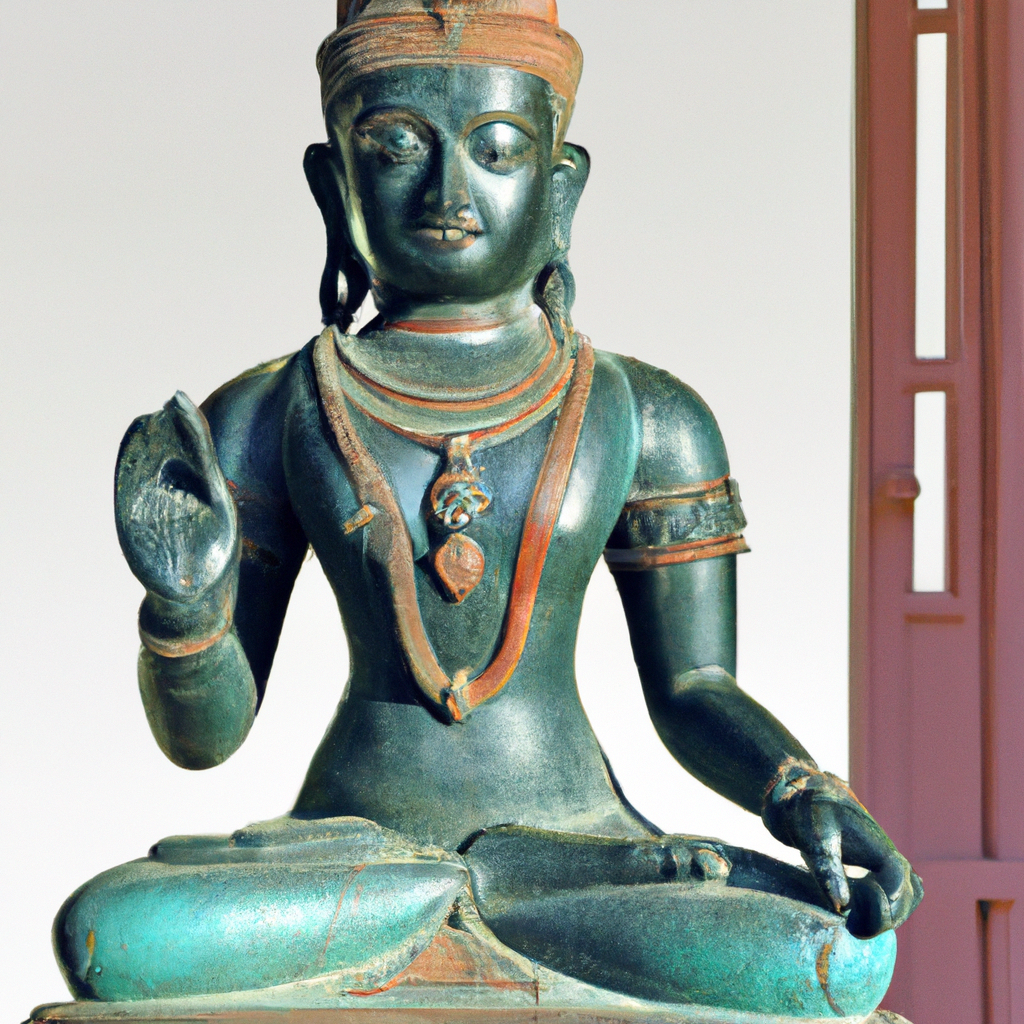
In the tapestry of today's global news, cultural heritage sites and artifacts take a central and often contentious role. The world today continues to pulse with news that highlights the deep, often tangled interconnections between culture, politics, and environmental consciousness.
Beginning with the windswept plains of Salisbury, climate activism has reached the enigmatic stones of Stonehenge. Regarded as a World Heritage Site, Stonehenge has today transcended its mystic solitude, becoming the stage for poignant statements on environmental crises. Environmental activists, draped in banners with evocative messages about climate change, highlight the peril looming over our sacred and ancient sites, urging a reconciling of human actions with the natural world that sustains them.
Moving from the archaic realms of Britain to the vaulted halls of the Vatican, Canadian Prime Minister Justine Trudeau has approached Pope Francis with an appeal steeped in centuries-old legacies and contemporary reckonings. Trudeau has requested the return of indigenous artifacts held within the sanctums of the Vatican Museums. This gesture is not just a diplomatic entreaty but a profound nod to the rights of indigenous communities to reclaim their cultural patrimony, resonating with broader themes of historical justice and cultural reconciliation.
Meanwhile in Germany, the nexus of art, culture, and ethical responsibility has sparked a fervent debate. German politicians, amid growing tensions over cultural sensitivity and ethical implications, have urged for a boycott of an upcoming prestigious exhibition. This bold stance foregrounds the increasingly urgent discussions around the moral frameworks within which art and historical narratives are disseminated in the global arena.
Today's stories, from the verdant plains of England to the solemnity of the Vatican, and the charged debates in German corridors of power, present a mosaic of humanity's profound engagement with its own history and cultural artifacts. As New Yorkers, engaged in art and culture, these narratives invite us to reflect on our own roles in these complex, global dialogues—dialogues that challenge us to think deeply about how we preserve, honor, and engage with our collective human heritage.